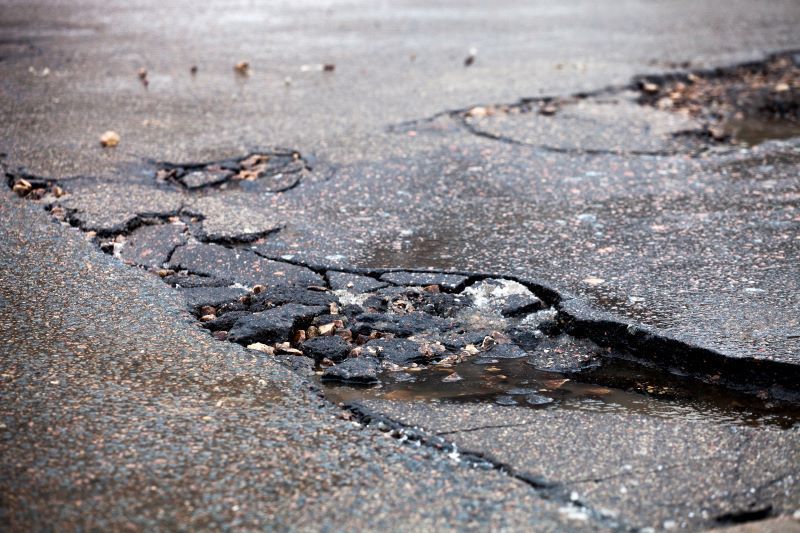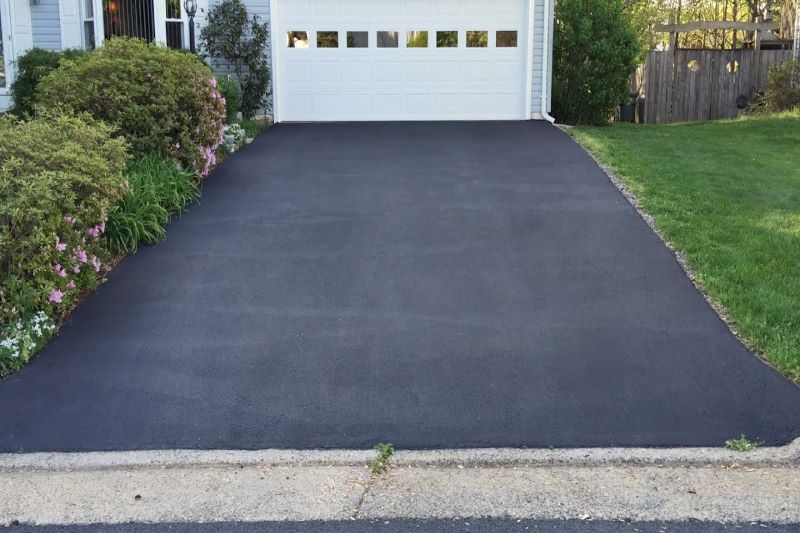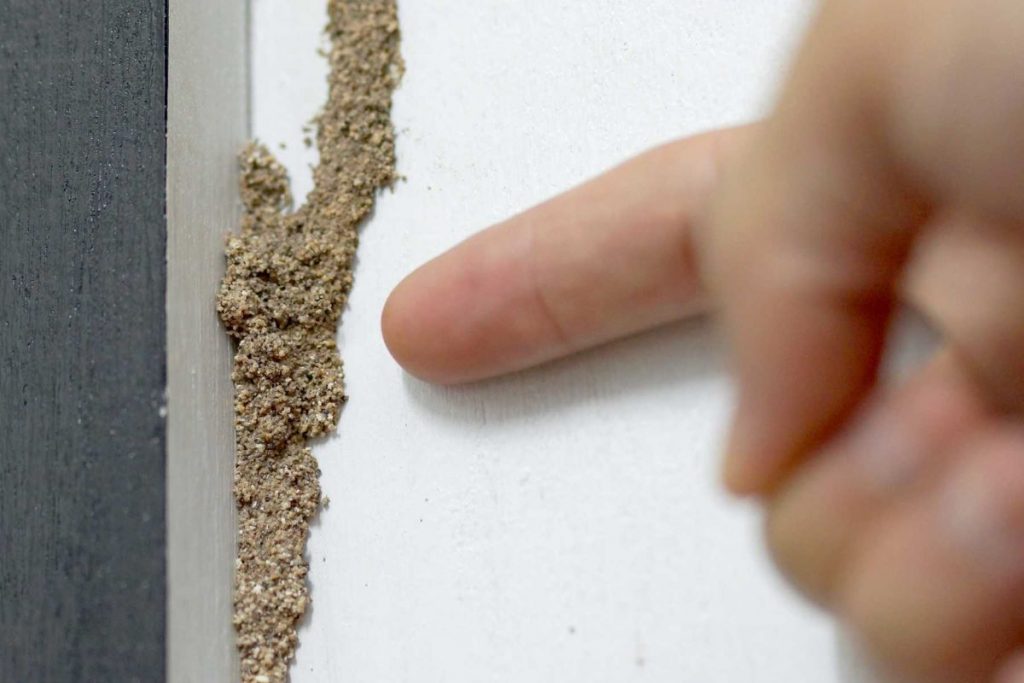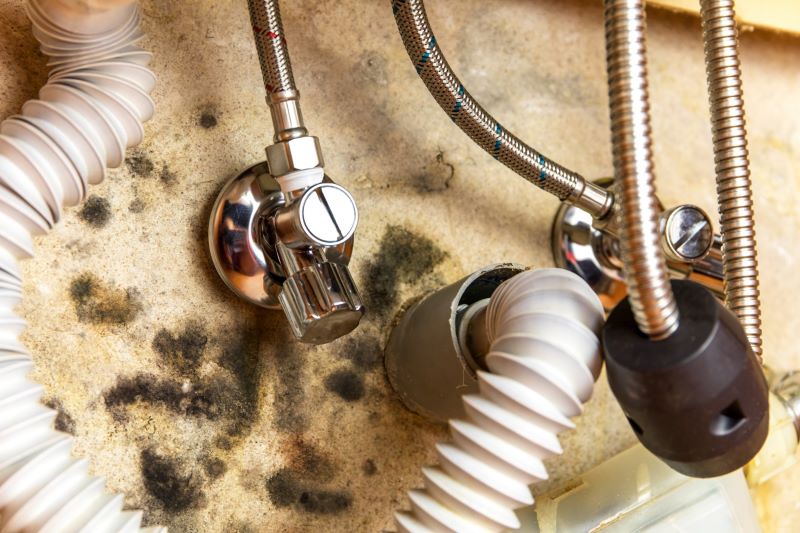Table of Contents
Asphalt driveways aren’t as tough as they look. If you don’t take care of them, the pavement can give out at any time.
Whether you have just paved your driveway or purchased a house with old asphalt, you need to set up a proper maintenance schedule.
Caring for your asphalt driveways is just as important as maintaining your lawn or roof. If you ignore simple rules, you may end up with cracks and potholes.
In the best case, the lack of maintenance could lead to costly repairs. In the worst case, you would have to replace the pavement.
In this article, we’ll tell you how to maintain your asphalt driveway to save time and money.
1. Sealcoat Your Driveway
Paving the driveway is not enough. In order to reinforce the coating, you should consider sealing it. Sealcoating can improve the resistance to weather elements, helping the asphalt last longer.
Even if your asphalt isn’t fresh, you can still seal coat it. In fact, you should apply new seal coating every once in a while to strengthen the protection.
The majority of asphalt driveway experts recommend refreshing the coating every two to three years. The seal coating frequency depends on the following factors:
- Quality of asphalt – low-quality asphalt requires frequent sealing since it’s more prone to damage.
- Environment – severe temperature fluctuations damage the asphalt, so it requires frequent re-coating.
- Age of asphalt – old asphalt may need seal coating more frequently than the freshly paved surface.
- Stress – if the driveway undergoes serious stress, such as several heavy vehicles driving over it regularly, you may need to seal coat it once a year.
Before seal coating the driveway, you should check it for damage. Repair any cracks or holes before applying the coating.
2. Protect the Edges
Edges are the most vulnerable part of your asphalt driveway. The majority of damages starts there. Asphalt repair workers recommend protecting the edges by one of the two methods:
- Asphalt grading – creating a 45-degree angle along the edges. Such angle reroutes the stress received by asphalt to the ground. During the paving process, edges should be compacted using rakes. It minimizes the chances of edge cracking. Sloping the asphalt properly allows good drainage and helps keep the surface safe longer.
- Landscaping – putting topsoil on top of the edges to even out the height of your driveway is an excellent way to protect it. You can also take advantage of rocks or stones to decorate the edges and keep them out of the vehicle’s way. Just make sure to keep weeds away. They could grow roots under the pavement, ruining it from the bottom.
No matter what method you use to protect the edges, be careful not to drive over them or, worse, park the car on them. Neither grading nor landscape can keep them safe if you stress them continuously.
3. Inspect the Asphalt

Small cracks can turn into large problems. If water leaks inside a tiny crack, it could sabotage the entire driveway. That’s why it’s vital to inspect your asphalt driveway on a regular basis.
Make it a habit to walk around the driveway at least once a month to spot small problems. Repairing them is usually easy. You can even do it without professional assistance. However, when small cracks start turning into large holes, you should call in the experts.
Don’t allow a tiny problem to turn into a disaster. Make sure to check the asphalt thoroughly before the winter comes. Repairing asphalt during cold and wet months is almost impossible to do it beforehand.
4. Clean Your Asphalt Regularly
Asphalt is sensitive to oil and chemicals. If you accidentally spill something on the surface, it’s vital to clean it immediately. While seal coating can keep your asphalt safe from some elements, chemicals may still seep through.
Meanwhile, pay special attention to dirt, leaves, grass, and other contaminants on the surface. If there is a tiny hole in the asphalt, you may not notice it, but nature will. Eventually, a weed may take root in the hole, ruining your entire driveway.
Leaves can collect water and dirt and lead to puddle formation on the asphalt. This could cause cracks and potholes. Ideally, your asphalt driveway should be clean and dry at all times.
5. Beware of Ice-Melting Products
When winter arrives, ice-melting agents come in handy. Many homeowners use them generously without thinking about the consequences.
These products contain chemicals, which may damage your asphalt. So if you apply them regularly, make sure to hose the asphalt off after you are done.
Don’t forget to seal coat the driveway before the cold weather comes. It could help protect the surface from the ice-melting agents.
Final Thoughts
Asphalt driveways are vulnerable. If not taken care of properly, they are highly prone to damage. Water, temperature, pressure, and weeds are asphalt’s most dangerous enemies. It’s up to you to maintain your driveway to avoid costly repairs and replacement. Start with proper installation, continue with seal coating and go on to regular maintenance. Try to keep your asphalt driveway clean at all times.
Post updated: 08/19/2021








